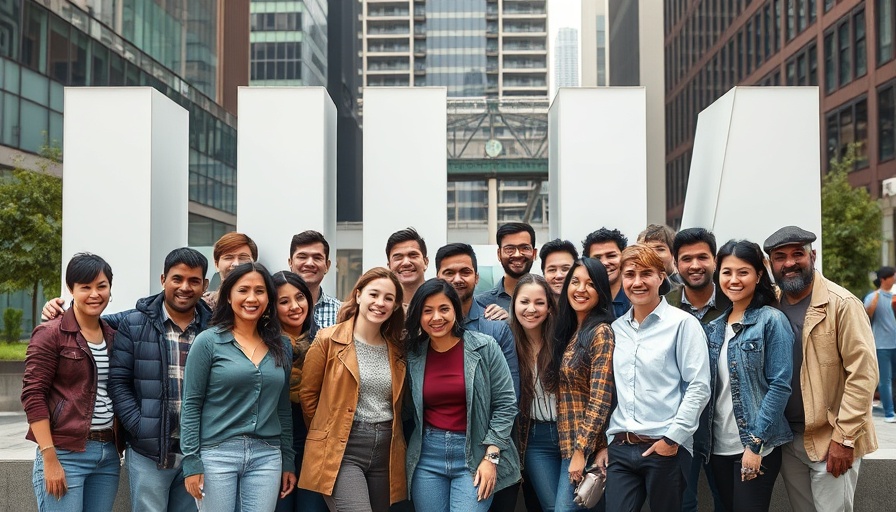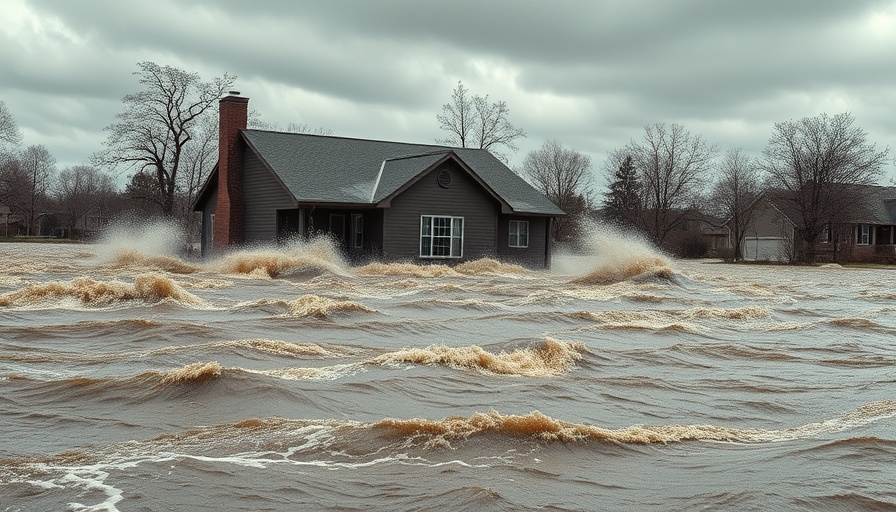
Understanding Sustainable Development: A Global Perspective
In a world increasingly divided by climate challenges, the recent journeys of Columbia Climate School students to Rwanda and Bangladesh shine a light on the power of grassroots initiatives in sustainable development. These trips, designed to immerse students in real-world challenges, help foster a deep understanding of what sustainability means across different contexts.
The Rwandan Experience: Hands-on Learning
In March, Columbia students traveled to Rwanda as part of their Sustainable Development course (SDEV 4400), where they collaborated with local organizations, including KOKO Networks and One Child One Tree. These partnerships not only enhanced their learning but also provided practical solutions to pressing issues such as energy consumption and psychosocial well-being for children.
Student Gabriel Najum Spratt described how preparing meals with traditional charcoal cookstoves illuminated the detrimental impacts of reliance on such technologies, making their projects feel more relevant and urgent. This firsthand experience empowers students to grasp the complexities of sustainability and climate action within a local context, moving away from abstract global discussions.
Building Connections Through Cross-Cultural Collaboration
Lisa Dale, the course instructor, emphasizes the importance of cross-cultural relationships, stating that understanding different perspectives is crucial for sustainability efforts. As students from Columbia and the University of Rwanda worked together, they not only exchanged knowledge but also created friendships that transcend borders. This cultural exchange enriches their learning and enhances their ability to contribute positively to global challenges.
Observations from Bangladesh: Learning from Diverse Contexts
While specific insights from the Bangladesh trip were not detailed, it is essential to recognize the value of studying sustainability in diverse contexts. By examining various environments—from Rwanda's unique landscape to Bangladesh's active delta—students gain a comprehensive understanding of how geography, culture, and economics affect sustainable development.
The Future of Sustainability Education
As global climate challenges increase, the focus on education that balances theoretical knowledge with practical application is crucial. Students are not just passive recipients of information; they are actively participating in solutions that can lead to meaningful change. By fostering critical thinking, communication skills, and teamwork, programs like the one at Columbia prepare students not only to understand sustainability but to lead initiatives that can have a direct impact on their communities around the world.
Call to Action: Get Involved!
As residents of Seattle, we have the power to support sustainability initiatives in our own neighborhoods. Whether it's joining local conservation efforts, advocating for renewable energy solutions, or participating in community gardening projects, each contribution counts towards a healthier planet. Let us take inspiration from these students and engage in actions that promote sustainability right here at home!
 Add Row
Add Row  Add
Add 




Write A Comment